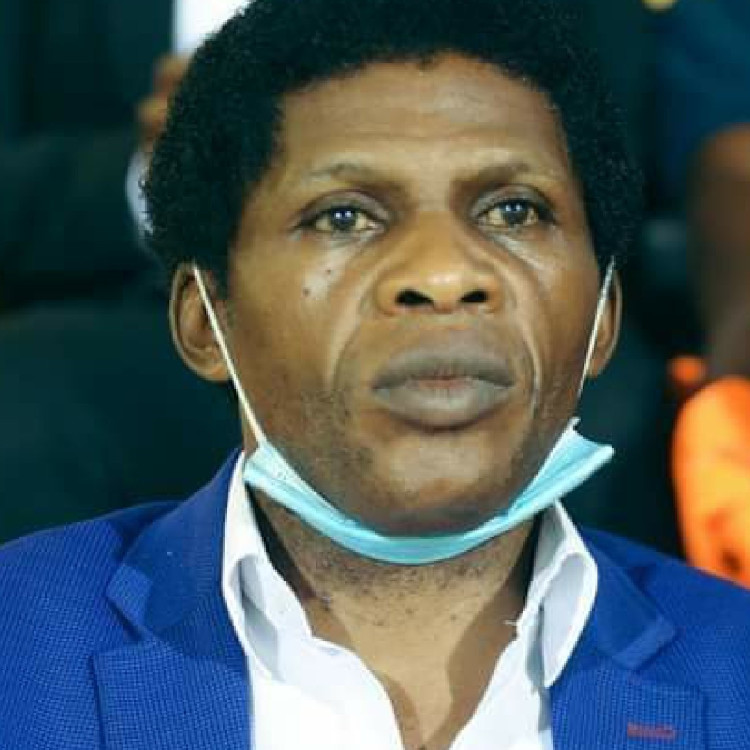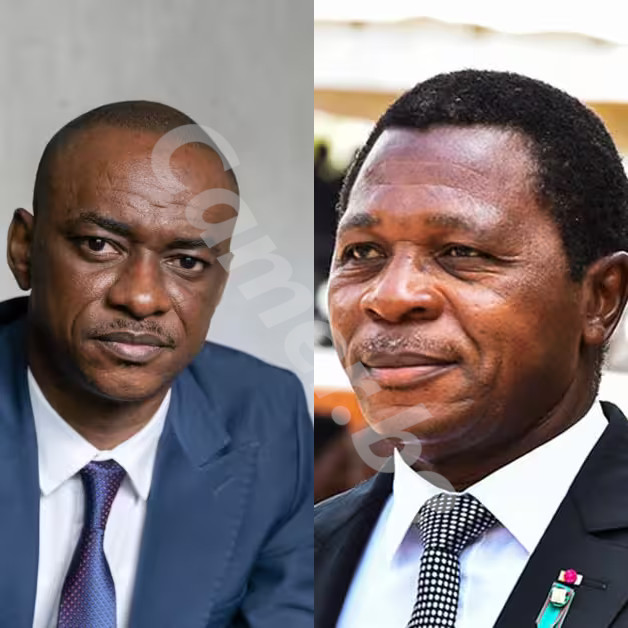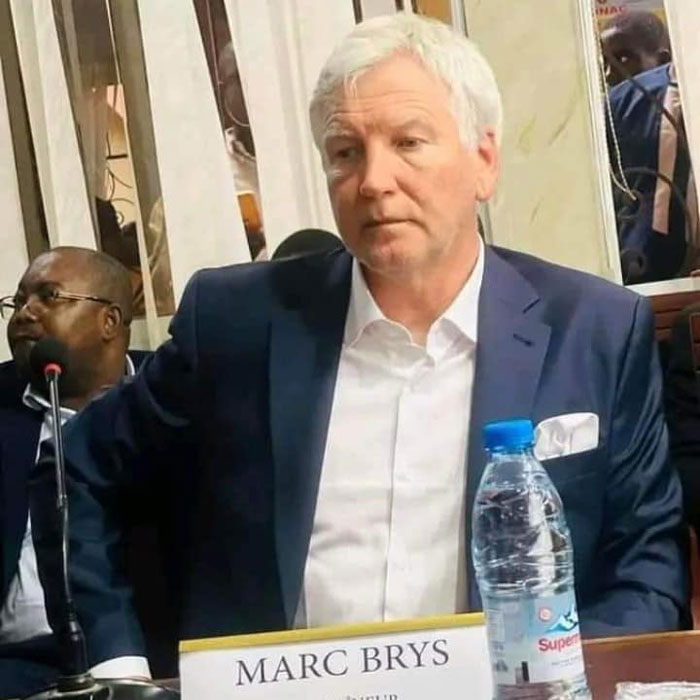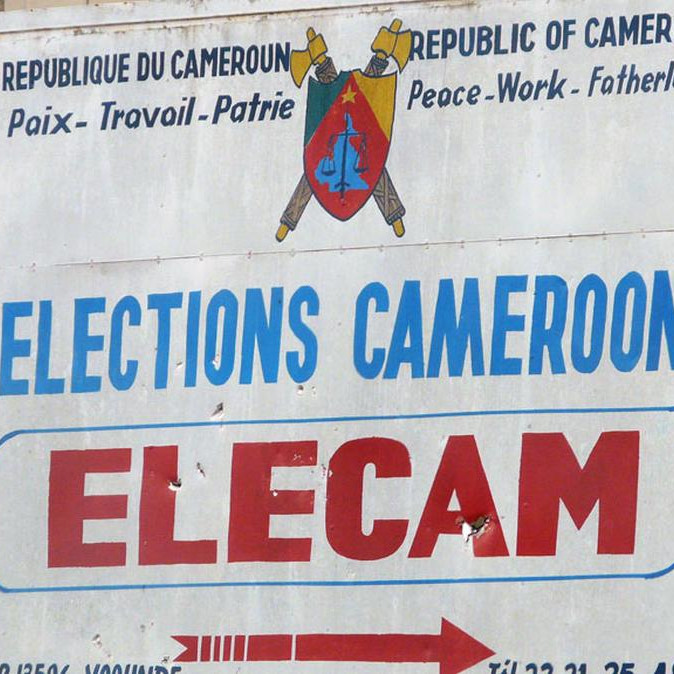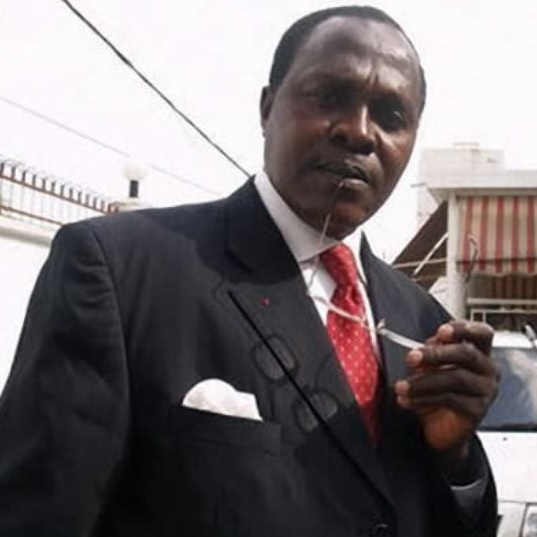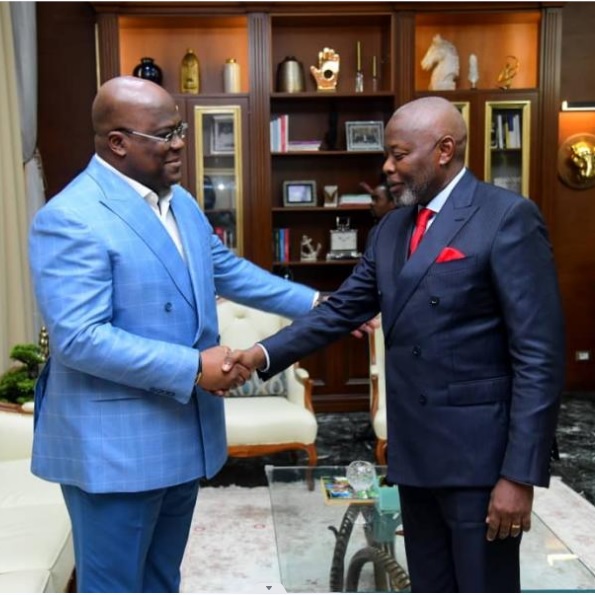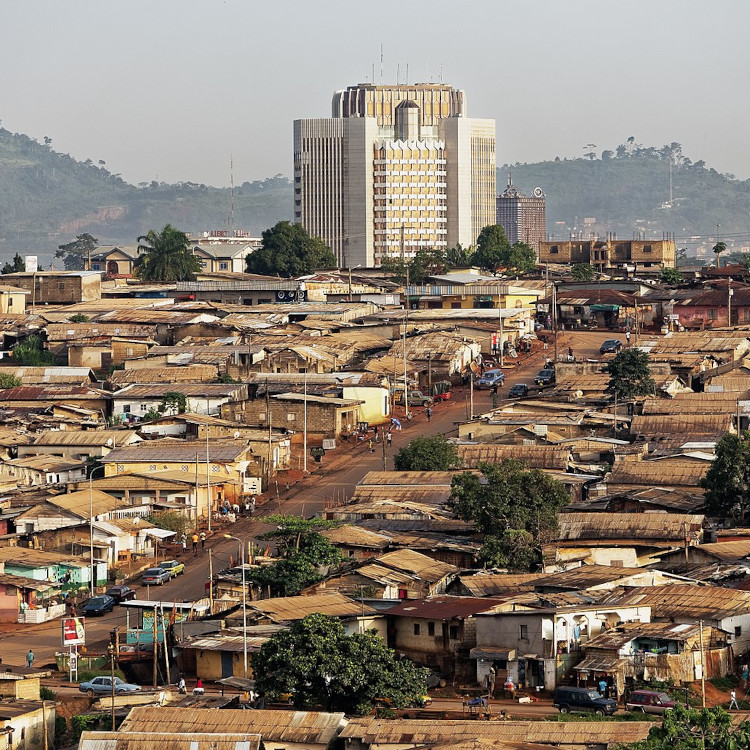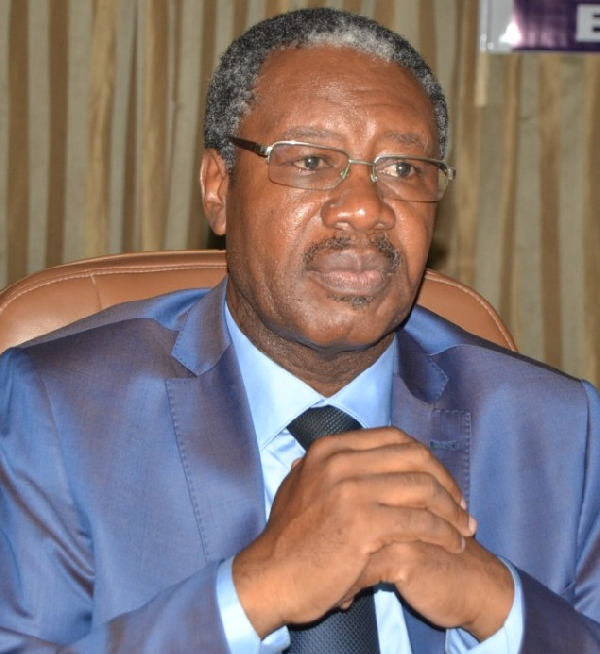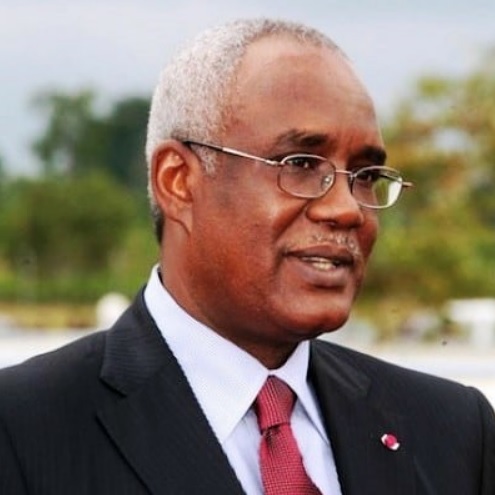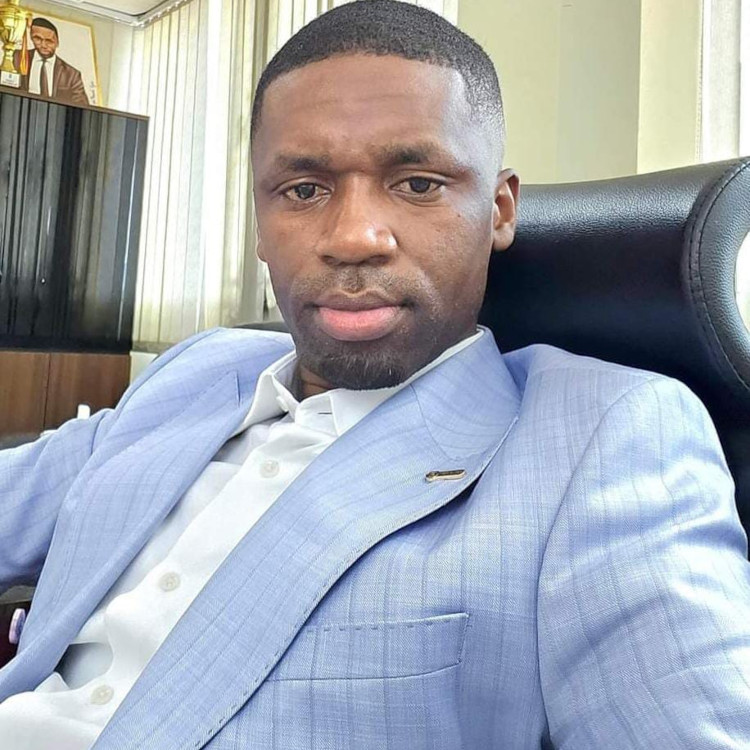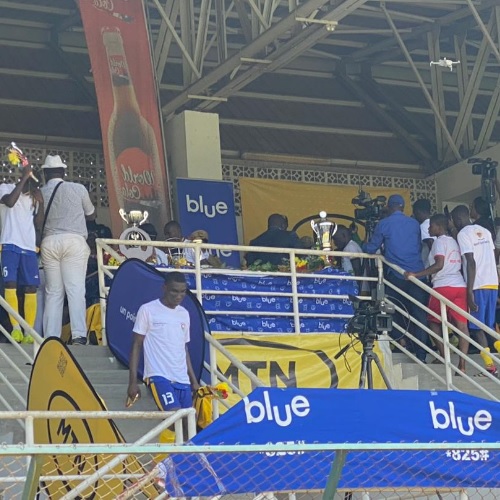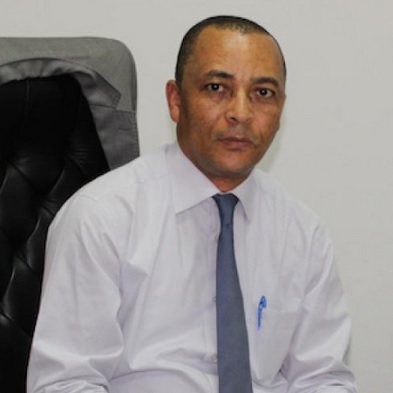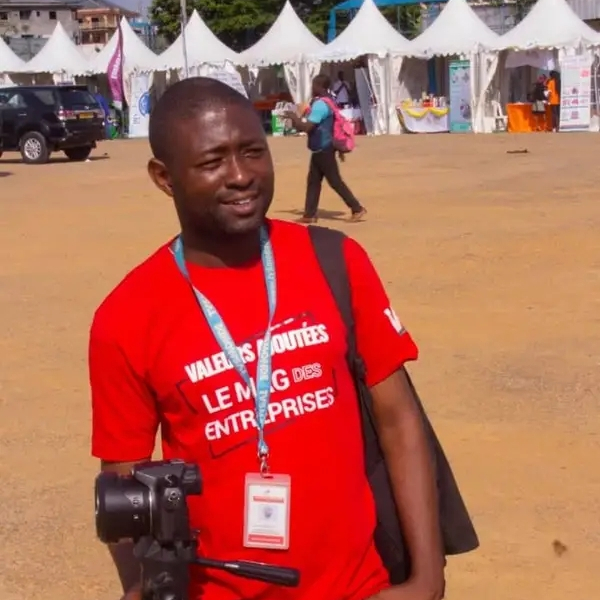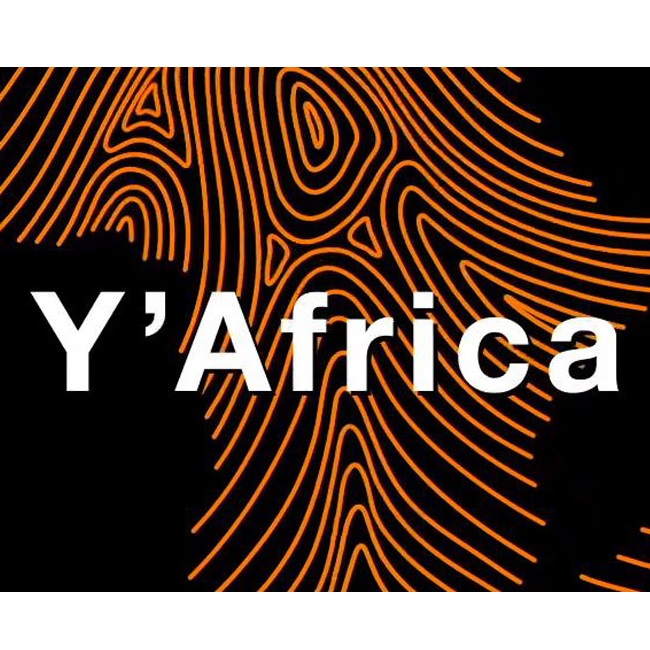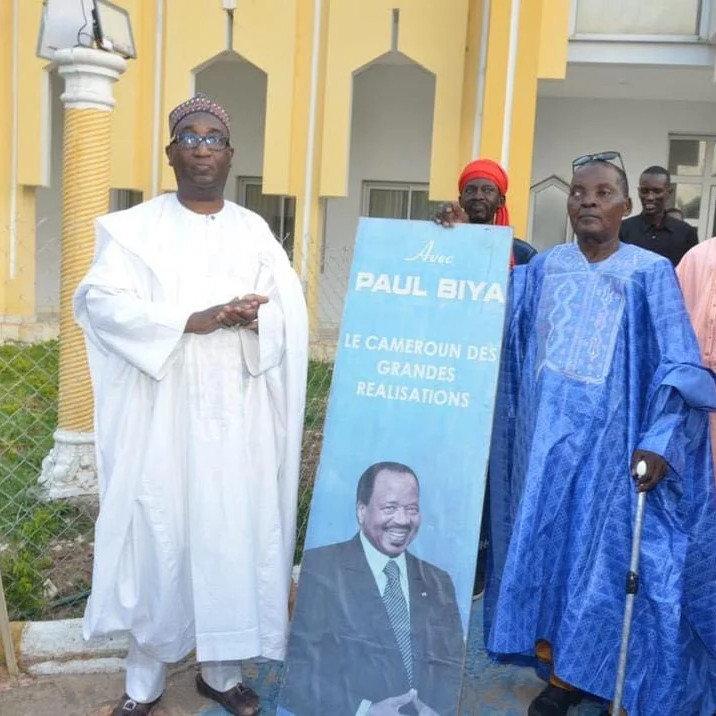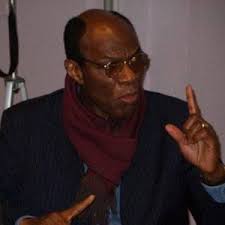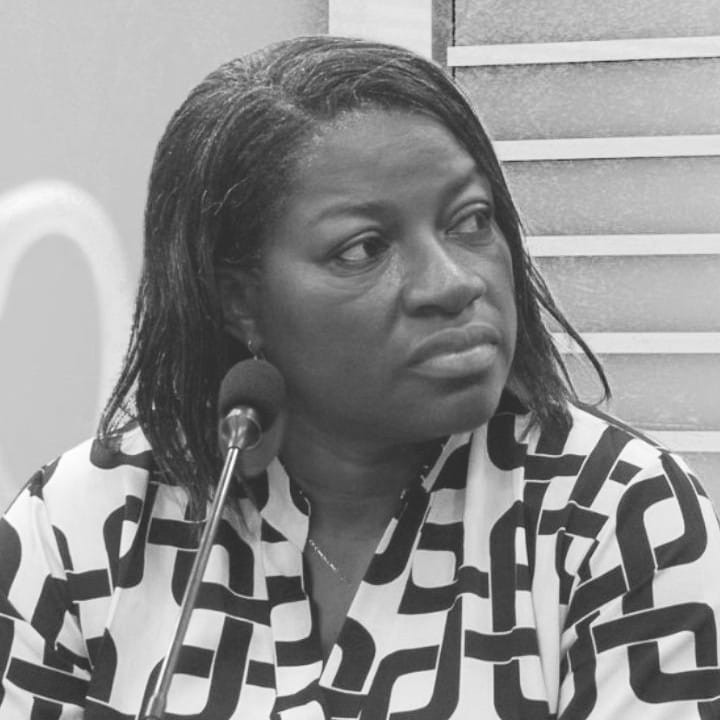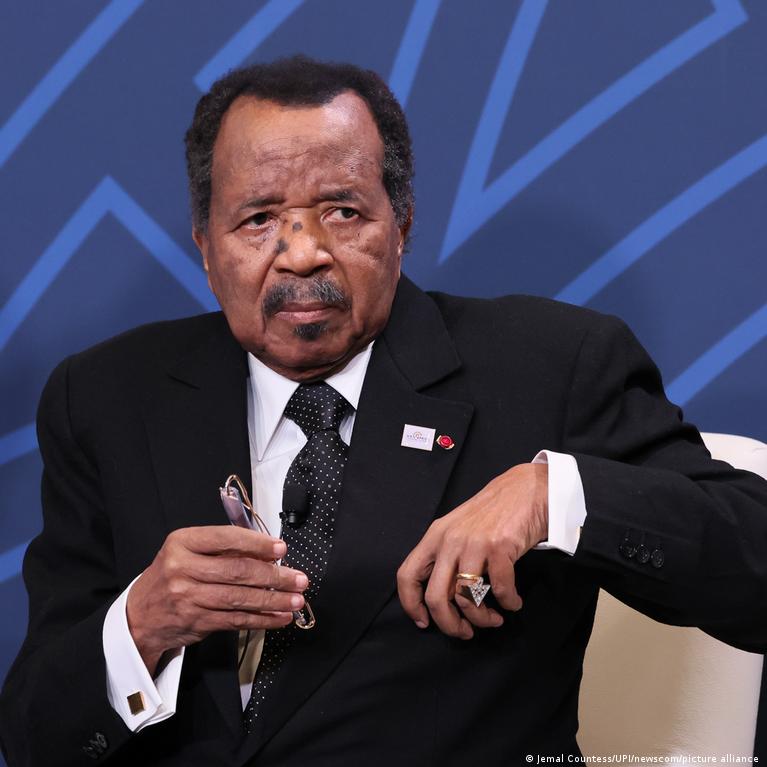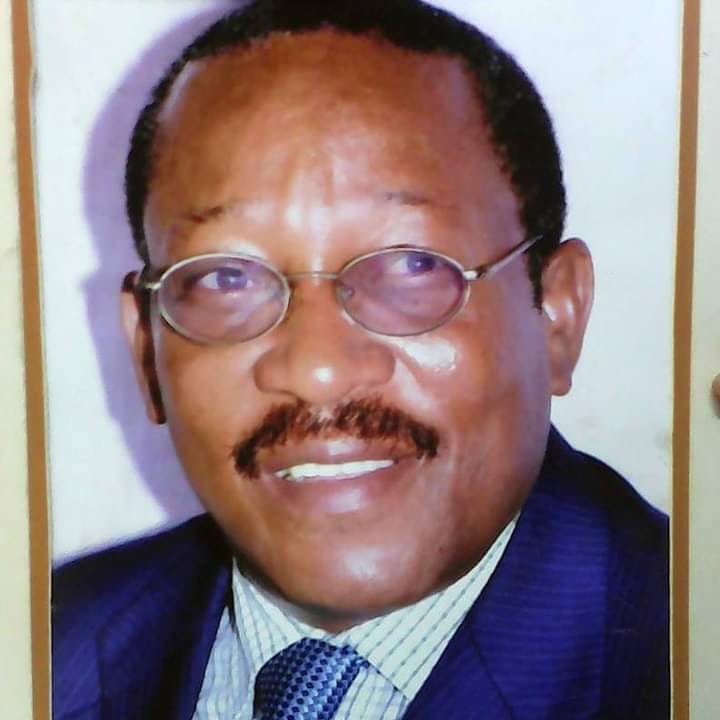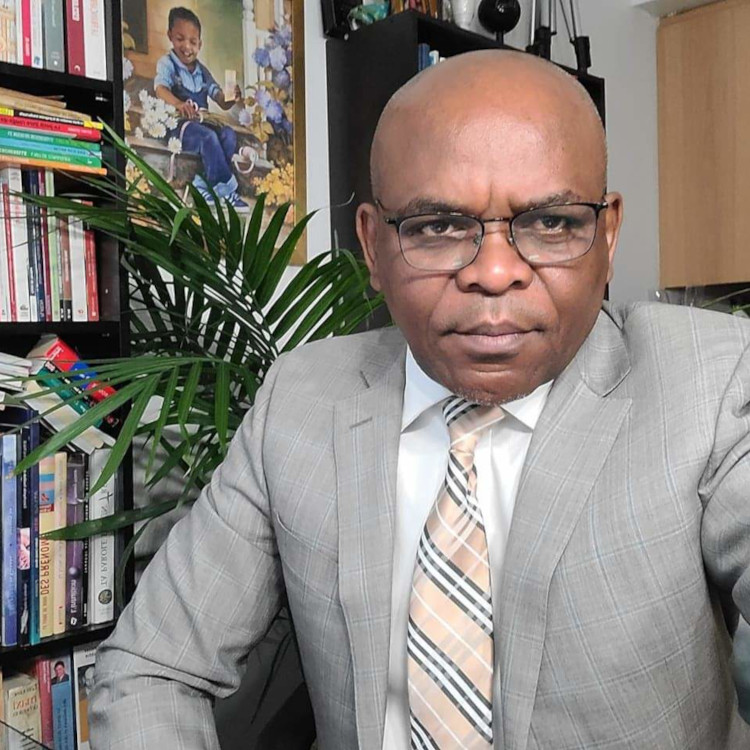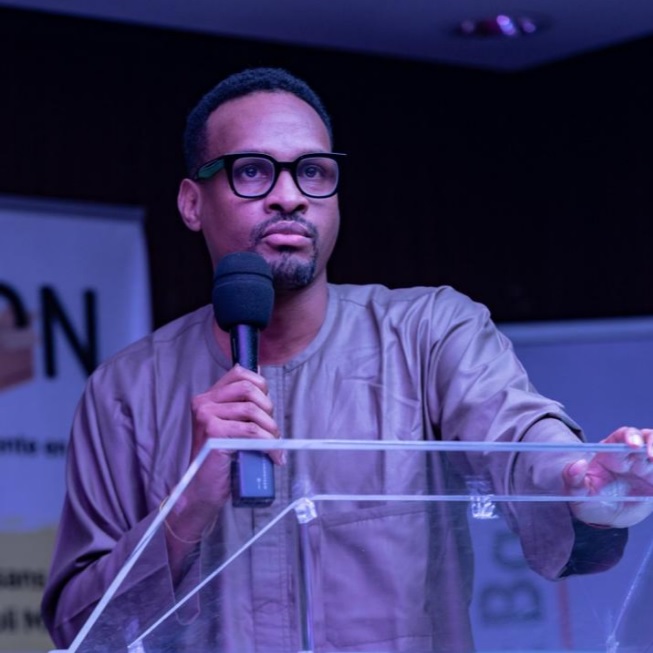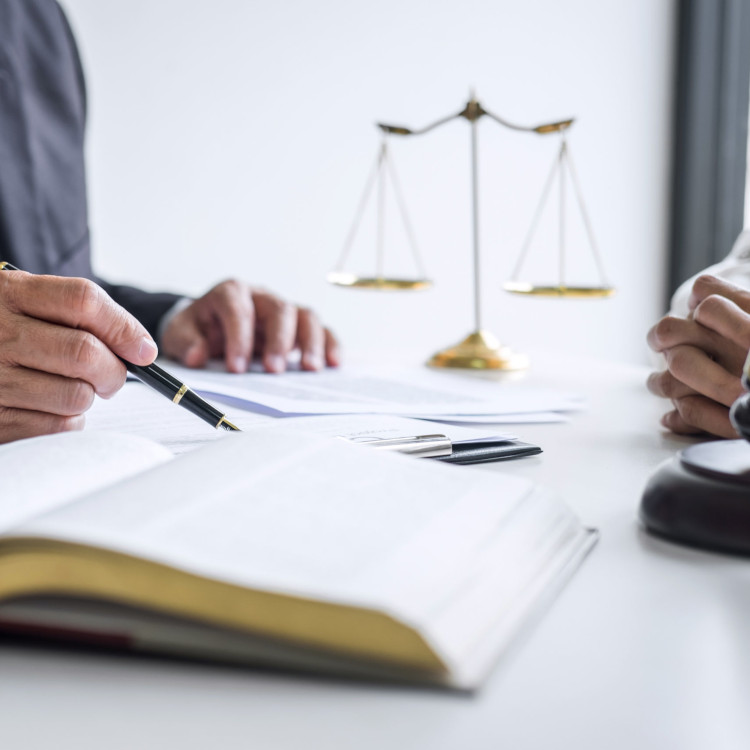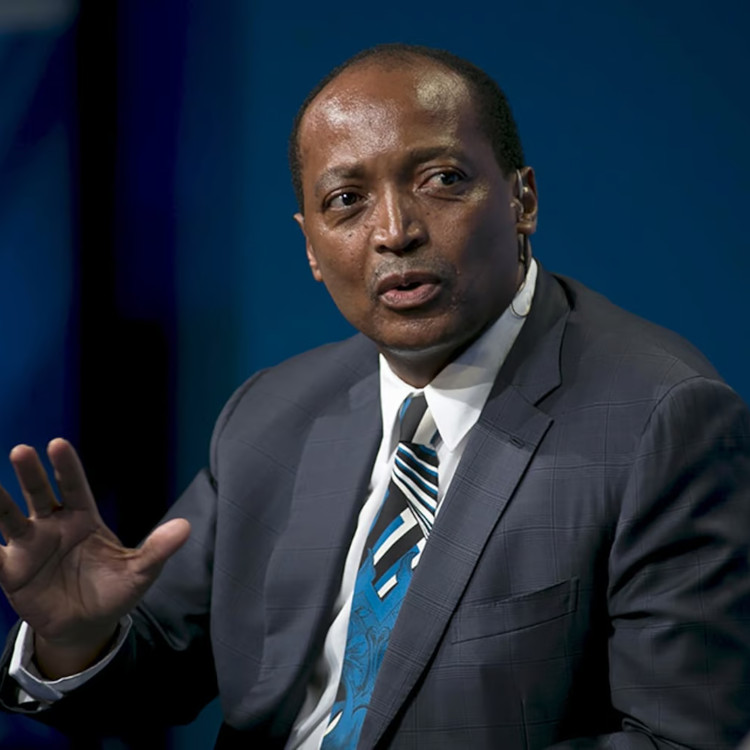

-
© Contributor : By Justice (Mr.) Frederick Alobwede Ebong
- 09 Mar 2017 14:00:40
- |
- 8257
- |
CAMEROUN :: The actualization of the Independence and Sovereignty of Southern Cameroons Independence
The quest for self-determination and independence of the peoples and territory of the Southern Cameroons is an incontrovertible issue. At the 896th General Assembly meeting in October 6, 1959, speaking for the USA, the UN Ambassador Clement J. Zabloiski said: “The USA had voted for resolution 1350 (XIII) and still finds its provisions satisfactorily. The USA congratulates the people of the Southern Cameroons for their accession to auto determination as it constitutes the will of the population who wants to run its affairs democratically.
The government and the opposition parties of the Southern Cameroons unfortunately have not come to an agreement, however, there is no reason to deny the population of the Southern Cameroons a brief; the results of a hurried choice imposed on the population of the Trust Territory would be catastrophic for their political future.”Ebong Speaking for India Ambassador Krishna Menon; answering Mr. Stravopoulos the Trusteeship Council Legal Adviser said, inter-alia “in this regard, my delegation sees no reason why the Southern Cameroons shall not achieve independence on the same date like Nigeria and Northern Cameroons”. Hon. G. M. Thompson (M.P Dundee East) addressing the British House of Commons August 1st, 1961 on the poor handling of unification issue said; “The problem of uniting these two territories would in any event be difficult.
There are two territories of completely different cultures with different political systems – there are extremely complex problems in bringing these two countries together within one National State.” In 1998, Lord Thompson raised his voice again on the Southern Cameroons issue. This time, the British peer was begging the British and UN to intervene immediately to avert a future conflict. In 2000, the then Secretary General of the UN called for dialogue. “I leave Cameroon with the impression that there is only one Cameroon, multilingual and multi-ethnic. I encourage dialogue of these stakeholders. In every country, there are problems of marginalisation. The way it has to be solved is by dialogue and not by walking away,” Kofi Annan said. La Republique du Cameroun and the Biya regime continue to spurn dialogue. In fact, we now know that on 3rd May 2000, Kofi Annan was sent to Cameroon by the Security Council to intervene because I was arrested and detained in La Republique du Cameroun. I was held in an underground prison “INCOMMUNICADO” at SED, the National Gendarmerie in Yaounde. I was arrested for proclaiming the Independence and restoration of Sovereignty of the Southern Cameroons over radio CRTV BUEA in the Territory of the Southern Cameroons on 30th December 1999. Paul Biya spurns dialogues because the British transferred the sovereignty of Southern Cameroons to France and the then French president, Charles De Gaulle, transferred the sovereignty of Southern Cameroons to Biya. On September 30th, 1961, De Gaulle said, “On vient d’ avoir un petit cadeau de la reine” (a small gift from the Queen of England).
That is why the United Kingdom treats Southern Cameroons as a chattel. Paul Biya should now know that there is legal proof of this illegal transfer of the Southern Cameroons by Britain, the Administrative Authority of the UN Trust Territory of the Southern Cameroons. He should know that the people of the Southern Cameroons are now aware thanks to the “Declassification of the Secret files in London in accordance with the British Official Secrets Act.” Southern Cameroonians now know that on the 19th April, 1961, at 3.15pm, the United Nations General Assembly took up the case of the separate Independence for the Southern Cameroons and that a total of 50 (fifty) Nations voted yes for Southern Cameroons Independence. The Chairman of that Session was Adam Pachachi (Iraq); Vice Chairman, Miss Silvia Shelton Vilallon (Cuba); Raporteur, Eamon L. Kennedy (Ireland). This was the 15th session of the United Nations General Assembly and they met on Wednesday at 3.15pm where they pronounced the 1st October as the Southern Cameroons Independence Day, not 1st January and certainly not 20th May. May 20 is a provocation.
Among the 50 (fifty) countries which voted yes for separate Independence of Southern Cameroons on 19th April 1961 were USA and Nigeria. The approval of the voting was at the 1152nd meeting; same Wednesday, 19th April, 1961 at 9pm New York; page 381 paragraph 110 in the official records of the United Nations General Assembly-Fifteenth Session-Fourth Committee. The United Nations General Assembly voting was 50 yes votes, 2 against and 9 abstentions. This validated the Independence of the Southern Cameroons. This historical fact is un-impeachable.
This fact has been kept secret from the people of the Southern Cameroons. The fact also came out thanks to the expiry date of the “British Official Secret Acts. The right to self-determination is prescribed by the UN Charter, United Nations Universal Declaration of Human Rights, International Covenant on Economic, Social and Cultural Rights, the International Covenant on Civil and Political Rights and the Optional Protocol. The people of the Southern Cameroons are made to toil for the francophone majority to reap the fruits while we fight and blackmail one another for the crumbs. This is totally unacceptable. It is cruel, and is inhuman; it is camouflage slavery at the dawn of the 3rd millennium. The United Nations must ensure that self-determination and independence of the peoples and territory of the Southern Cameroons is rectified and regularized in accordance with Article 76 (b) of the United Nations Charter. The Nigeria/La Republique du Cameroun Mixed Commission on border problems provides an opportunity for the issue to be raised and regularized.
The non-implementation of Article 76 (b) and UN resolution 1608 (XV), paragraph 5, of 21 April 1961 means that la Republique du Cameroun had, and has no Legal Right to claim sovereignty over Bakassi Peninsula which is in the Territory of Southern Cameroons. Bakassi Peninsula is in the Territory of the Southern Cameroons, which has been independent since April 19, 1961. This independence was packaged with annexation. This is in accordance with article 102 (2) of the charter of the United Nations, which states: “No party to any such treaty or international agreement which has not been registered in accordance with provisions of paragraph 1 of this article may invoke that treaty or agreement before any organ of the United Nations.” That is why we are requesting the UN Secretary General through the UN network, to make use of his good offices to bring to the attention of the Security Council and the United Nations General Assembly to the following: The non-implement of UN Resolution 1608 (XV), paragraph 5, of 21 April 1961, on the future of the Southern Cameroons. The urgent rectification and regularization of the self-determination and independence of the Territory of the Southern Cameroons in application of the UN Resolution 1514 (XV) granting of independence to colonial countries. The admission of the Southern Cameroons State into the United Nations Organization as a full member in application of Article 4 of the UN Charter. The SCNC pray the Secretary General to diligently study the application for membership of the UN signed by President Frederick Alobwede Ebong and was forwarded to his office on 8 April, 2000. Southern Cameroonians all six million of them, await one and only one thing from the UN – the recognition of its independence. Southern Cameroonians should remain determined to re-assert their independence as proclaimed in December 1999. We point out that UN Resolution 1349 (XIII), paragraph 1, 2, and 3, of March 1959 gave independence to the State of La Republique du Cameroun on 1st January 1960. A separate resolution gave Southern Cameroons independence. No Union Treaty was worked out between, and ratified by the Southern Cameroons and La Republique Du Cameroun in 1961 as required by un resolution 1608 (XV), para 5, of 21 April, 1961, of the 994th plenary session of the UN General Assembly. La Republique du Camerouns Administration in the Southern Cameroons is illegal and illegitimate and “ipsu-facto” Questionable. The presence of La Republique du Cameroun’s forces of occupation in the territory is annexation, (the General Assembly Resolution 224 – 111 - of 18 November 1948).
La Republique du Cameroun should immediately release all Southern Cameroonians political prisoners in their maximum-security prisons and/or concentration camps and be prepared to pay compensation to the heirs of those that have died. Fellow Southern Cameroonians, the actualisation of the sovereignty and independence of the Southern Cameroons is a task that must be done. The annexation bridge is down. Annexation in a civilized world is abhorred. The United Nations Security Council, Resolution 497, of 1981, held that the annexation of Kuwait by Iraq is “null and void ab initio.” The United Nations General Assembly Resolution 2625 (XXV) of 24 October 1970 held that no territory obtained by threat or use of force shall not be recognized as legal. International law acknowledges Southern Cameroons as a state with recognized boundaries (fixed) by the League of Nations.
Lire aussi dans la rubrique POINT DE VUE
Les + récents
Président CAF sur Affaire Trucages Matchs : « Personne au-dessus de la Loi »
Affaire Martinez Zogo Club: Une liste de témoins explosive attendue au tribunal
Atanga Nji octroie illégalement un récépissé au PCRN de Robert Kona : une reconnaissance frauduleuse
Contrat de travail de Marc Brys: Issa Tchiroma Bakary met la pression sur Narcisse Moelle Kombi
Barricades à Massagam: Des populations dénoncent un site de préparation de fraudes électorales
POINT DE VUE :: les + lus





Cameroun,33 ans de pouvoir: Les 33 péchés de Paul Biya
- 10 November 2015
- /
- 100593
LE DéBAT




Afrique : Quel droit à l'image pour les défunts au Cameroun ?
- 17 December 2017
- /
- 162219

Vidéo de la semaine
évènement


